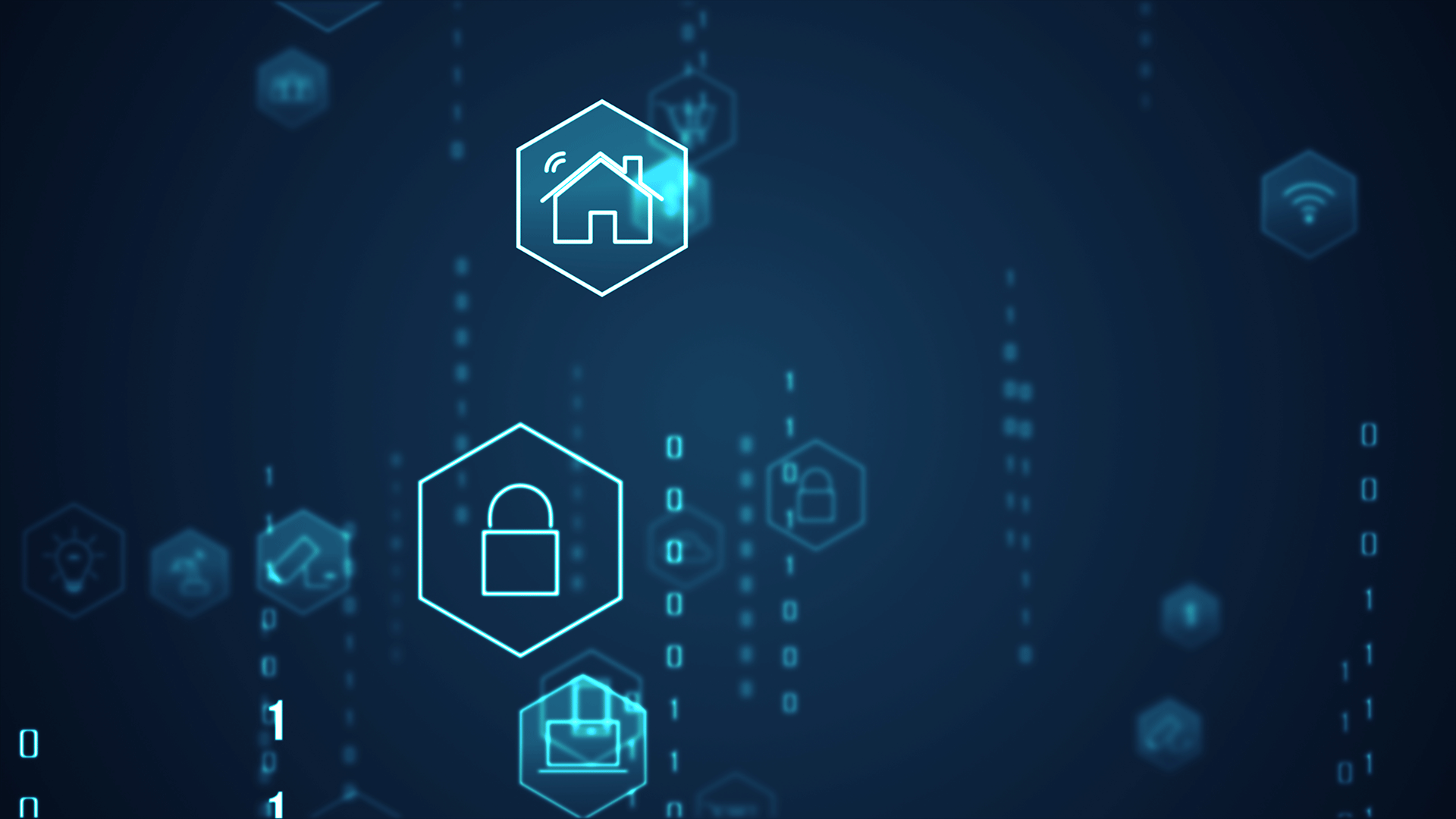
16 Mar IoT’s Impact on Safety, Efficiency, and Cost in Housing Procurement
IoT’s Impact on Housing Procurement
The Internet of Things (IoT) is revolutionising many aspects of our daily lives, and one of the most significant areas that it has impacted is procurement for the housing industry. With the COVID-19 pandemic leading to an increase in remote work and a heightened need for safety measures, the importance of IoT technology has only grown.
By leveraging the power of IoT, procurement for the housing industry can improve safety, increase efficiency, and save money, thereby providing an unparalleled advantage in today’s world.
Security & Safety
IoT devices are cost-saving and offer tenants a comfortable living environment. In the UK, there will be an estimated 163 million IoT-enabled smart home devices by 2024, showcasing the benefits of increased energy efficiency, safety, security, and convenience for homeowners.
Hiscox found that 55% of UK homeowners using smart home security devices reported feeling safer at home, and 61% felt more secure while away. These statistics highlight the potential of IoT-enabled security solutions to improve home safety and provide peace of mind to homeowners.
Efficiencies & Utilities Monitoring
In a 2023 UK study, households that actively monitored their energy consumption and made adjustments based on smart meter data were able to save an average of 12% on their energy bills. This demonstrates the potential of smart utility meters and IoT technology to help promote eco-friendliness and save households money.
By using data insights to inform energy usage decisions, homeowners can reduce their carbon footprint and contribute to a sustainable future. Housing associations can also utilise this data to offer tailored support to clients, leading to further savings on energy bills and improved quality of life.
Maintenance
The UK government’s Energy Saving Trust found that smart thermostats can save homeowners up to £200 per year on energy bills by controlling heating more efficiently, reducing bills by up to 10%. IoT-enabled devices like boilers also have built-in repair diagnostics and maintenance alerts, making maintenance smoother and more reliable for tenants while reducing repair costs.
Remote monitoring via IoT can provide live alerts instead of annual tests, saving on costs and reducing downtime. The use of IoT-enabled devices can help homeowners and property managers save money on maintenance and reduce energy consumption, resulting in long-term financial benefits.
Growth, Benefits, and Predictions
According to recent reports, the Internet of Things (IoT) is expected to have a significant impact on the real estate industry in the coming years. A 2021 PwC survey found that 85% of UK real estate professionals see IoT as a game-changer by 2026, with 77% believing it will improve customer experience and 76% saying it will enhance property operations efficiency.
By the end of 2023, the global smart home market is predicted to be worth $151.4B, with the number of smart homes in the UK expected to reach 13.6M.
McKinsey & Company predicts that IoT-enabled energy management systems could reduce building energy consumption by up to 30%, leading to significant cost savings and environmental benefits. Accenture’s 2023 report reveals that 74% of supply chain executives believe IoT will optimise the supply chain by providing real-time data on inventory, supplier performance, and delivery times.
Overall, IoT has the potential to transform procurement in the housing sector by improving efficiency, reducing costs, and enhancing sustainability.
IoT Benefits in Housing Procurement
The Internet of Things (IoT) has the potential to revolutionise procurement in the housing sector. It can offer real-time inventory management, predictive maintenance, supply chain optimisation, cost reduction, improved supplier performance, and enhanced sustainability.
IoT sensors can monitor inventory availability in real time, reducing the cost of inventory management. Predictive maintenance can predict when maintenance or repairs are needed, reducing the chances of unexpected breakdowns and downtime. IoT sensors can track the movement of goods and materials throughout the supply chain, optimising the supply chain and reducing the risk of delays or disruptions.
Automating routine tasks and streamlining processes can free up procurement professionals to focus on more strategic activities that add value to the organisation. IoT can help monitor supplier performance by tracking delivery times, quality, and other metrics. This can improve overall supplier performance.
Additionally, IoT can help identify opportunities to reduce the environmental impact of procurement activities, such as carbon emissions, water usage, and waste generation.

